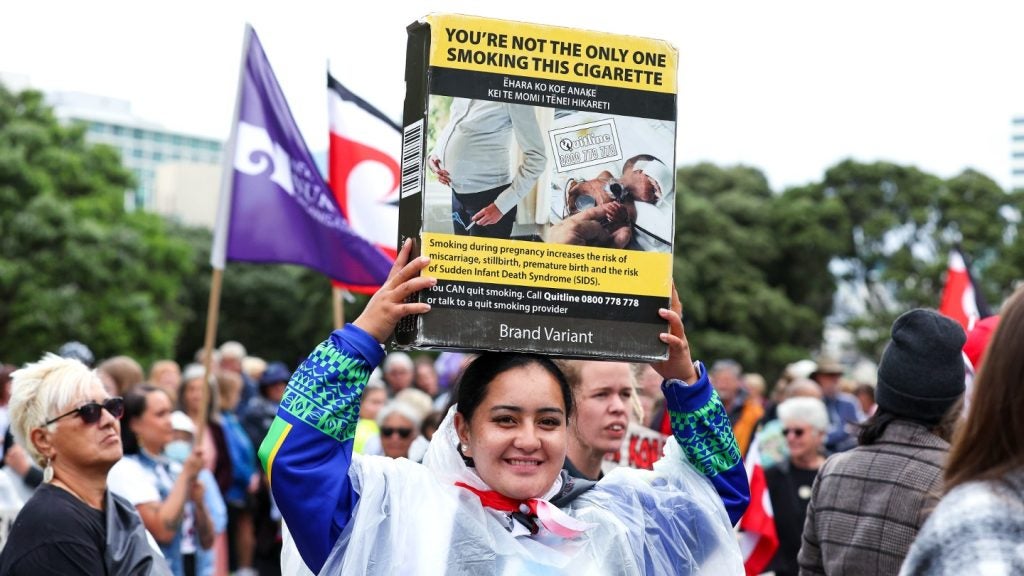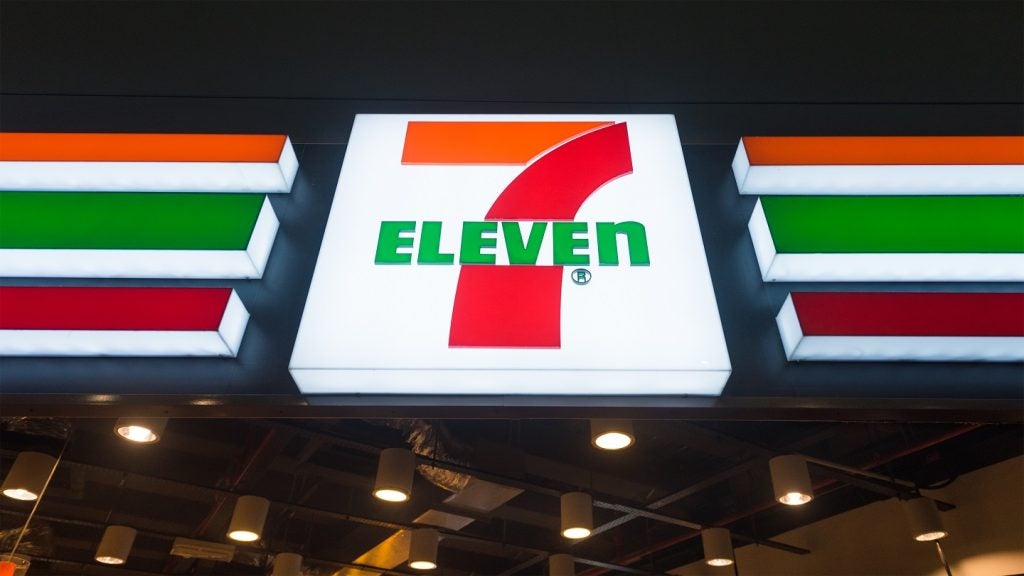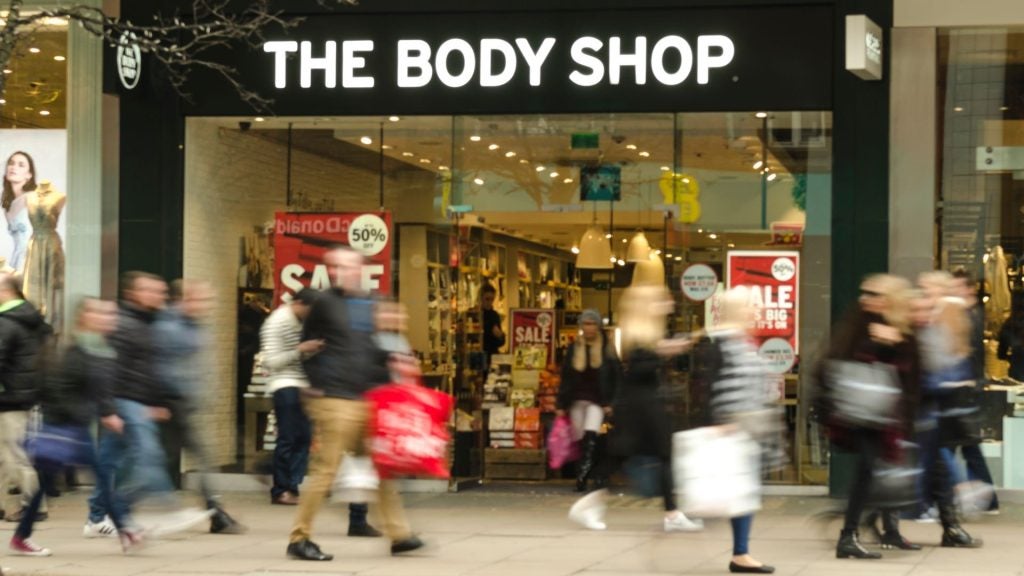Government MPs, health experts and campaigners have furiously criticised the New Zealand government’s decision to repeal what would have been the world’s first smoking ban, saying people will die because of this heavily lobbied outcome.
“Putting the profits of the tobacco industry ahead of the health of New Zealanders is grossly irresponsible”, says Professor Boyd Swinburn, co-chair of Health Coalition Aotearoa (HCA).
Set to take effect from July, the law would have banned tobacco sales to anyone born after 1 January 2009, reduced nicotine volumes in tobacco products, and cut the number of tobacco retailers from 6,000 to 600.
It was officially repealed today (28 February) by the new coalition government elected in October, after former Prime Minister Jacinda Ardern passed it in 2022.
The repeal was described by Labour leader Chris Hipkins as “a bill that will kill people” during an incensed speech in New Zealand’s Parliament.
According to the coalition government, the primary reason for repealing the legislation was the need to fund the tax cuts promised in its election campaign.
“The tobacco industry will be celebrating their victory in getting the government coalition parties, all of whom have significant ties with the industry, to run their agenda in keeping 284,000 smokers addicted to their products for as long as possible,” Swinburn adds.
Māori discrimination?
Much of the outcry around the smoking ban’s repeal has centered around its disproportionate impact on indigenous communities.
Smoking rates in New Zealand have continued to decrease, with just 6.8% of adults smoking daily in 2022/23, according to Smokefree NZ, compared to 16.4% in 2011/12.
Approximately 17.1% of Māori adults (108,000 people) still smoke daily, however.
“The repeal will prolong the seven-year gap in life expectancy between Māori and Pākehā New Zealanders”, says HCA co-chair Professor Lisa Te Morenga. “[It] makes the Government complicit in the greater burden of smoking on Māori – including a higher preventable death rate.”
On the flipside, some argue that the repeal places the decision around tobacco consumption in the hands of smokers, whether they be Māori, Pasifika Islanders, or Pākehā (white New Zealanders with European heritage).
Instead of preventing future generations from legally purchasing cigarettes, it places impetus on government bodies to make information around the health risks of tobacco use accurate and accessible.
Associate Minister for Health Casey Costello has claimed the coalition government is committed to cutting smoking – against the advice of Health Ministry officials.
In briefings reportedly seen by Radio New Zealand, Health Ministry officials urged Costello to keep elements of the smoking ban, including introducing a purchase age of 25.
New Zealand’s Health Ministry declined to comment when approached by Medical Device Network.
Third time unlucky
Some have argued that criminalising the sale of tobacco will simply drive it underground.
This is already a growing trend in New Zealand, as GlobalData’s Lead Tobacco Analyst Fiona Dyer points out.
“Illicit cigarette sales have been increasing anyway in New Zealand; in February 2024 it was reported that there had been a significant and concerning increase in illicit tobacco seizures in 2023 from 5 million to 8.5 million,” Dyer says. “The Ministry of Health noted that in 2022 some 143 million illicit cigarettes were sold – equal to 8.4% of the market.”
This illicit sales side to the pro-repeal argument has previous form elsewhere.
In 2010, Bhutan became the first nation to impose a blanket ban on tobacco sales and smoking in public places. The ban lasted for a decade until it was undermined by black market sales, and tobacco was eventually relegalised during the COVID-19 pandemic.
Russia also produced a draft law in 2017 to ban smoking for anyone born after 2014, but it was shelved in 2019.
New Zealand’s U-turn “effectively leaves the UK as the only country planning the generational end of cigarette smoking”, according to Dyer.
“This news from New Zealand has focused attention firmly on the UK government’s planned smoking ban, which remains on track and the measures currently have all party agreement”, Dyer says. “However, it remains clear that monetary considerations continue to be as much of a factor in determining tobacco legislation outcomes as health.”
Back in New Zealand, Swinburn says HCA has “commenced planning work towards a Citizens Initiated Referendum”, and is fighting to “bring this law back”.
As divisions over smoking deepen with the country, all eyes now look to the coalition government. Will there will be one more twist in the tale?















